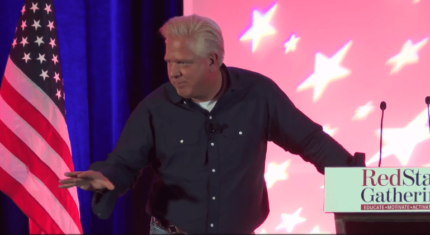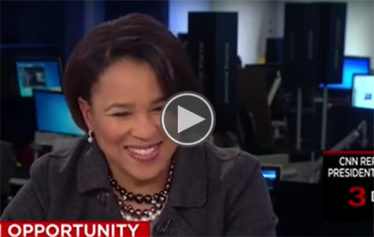Is it fair to ask why the vast majority of the shooters in Newtown-like mass murders are white men? And what would have been the country’s reaction if the shooter had been black?
Those are the questions raised by Salon writer David Sirota, a white male himself, in in an interview on MSNBC and a Salon piece entitled “Time to Profile White Men?” They’re queries that are making him a target of vicious attack by such right-wing media types as Glenn Beck, Fox News and the website of the late Andrew Breitbart. After his piece appeared on Salon, Sirota went on CNN to defend his position.
“I think we should ask the question why is America 30 percent white guys, and 70 percent of the shootings in the last many decades have been at the hands of white guys,” Sirota said on CNN. “I do think it’s interesting to note that had 70 percent of mass shooters been let’s say Arab or African-American men, I think the conversation would be … much uglier.”
“I think that it’s good we’re having a nuanced conversation about all sorts of things—mental illness, gun control—but I hope that the next time something bad happens … that if it’s not a white guy, that we remember that we shouldn’t ascribe to entire groups … the bad actions of individuals,” he continued. “Because we’re not doing that right now, and I’m not saying that we should, but I think we should remember that the reason we’re not, is because it’s a form of white privilege.”
David SirotaSirota’s argument is an intriguing one—and an argument that is often tossed about by black people in black-only conversation: How would the post-Newtown national conversation have been different if the shooter had been a black or Arab man? Sirota argues that the response of officials and law enforcement would have immediately acted to scapegoat the entire community of black men or Arab men in the United States and would have moved in the direction of racial profiling these groups to prevent future attacks. But because the shooters are white men—”the one group that our political system avoids demographically profiling or analytically aggregating in any real way,” Sirota writes—the conversation falls back to a much more productive and nuanced debate about Hollywood violence and video games and mental health issues.
To make his point, Sirota recalled the GOP response to a 2009 report by the Department of Homeland Security on the growth of dangerous extremist terrorist groups in the U.S.
“As you might recall, the same GOP that openly supports profiling—and demonizing—Muslims essentially claimed that the DHS report was unacceptable because its focus on white male terrorist groups allegedly stereotyped (read: offensively profiled) conservatives,” Sirota writes.
“Any honest observer should be able to admit that if the gunmen in these mass shootings mostly had, say, Muslim names or were mostly, say, African-American men, the country right now wouldn’t be confused about the causes of the violence, and wouldn’t be asking broad questions,” he continued. “There would probably be few queries or calls for reflection, and mostly definitive declarations blaming the bloodshed squarely on Islamic fundamentalism or black nationalism, respectively. Additionally, we would almost certainly hear demands that the government intensify the extant profiling systems already aimed at those groups.”
As an example of the right-wing reaction, Larry O’Connor wrote on Breitbart’s site, “It is a basic tenet of progressive, left-wing ideology that all things boil down to race, gender or class. The horrific evil on display Friday morning in Newton appeared to be free of such dogmatic blustering for the past couple of days, but not anymore. MSNBC came through for their audience with gusto.”


